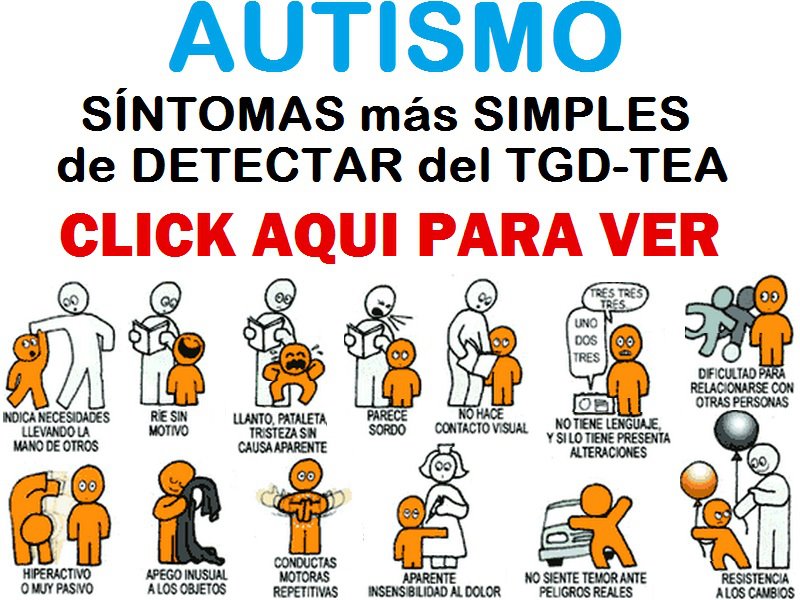Understanding Autism Symptoms in Adults
Navigating the world as an adult with undiagnosed autism can feel like trying to decipher a code you never knew existed. Many adults live for years, even decades, unaware that their unique ways of thinking, interacting, and experiencing the world stem from autism spectrum disorder (ASD). This often leads to misinterpretations, misunderstandings, and a feeling of being fundamentally different.
Recognizing the signs of autism in adulthood is the first step toward self-discovery and accessing support. While autism manifests differently in every individual, some common threads weave through the experiences of autistic adults. These can include challenges with social communication and interaction, such as difficulty understanding nonverbal cues or navigating social situations. Repetitive behaviors and intense interests are also common, offering comfort and focus in a world that can often feel overwhelming.
It's crucial to understand that autism isn't a disease or a defect. It's a neurodevelopmental difference that shapes how a person perceives and interacts with the world. There's no "cure" for autism, nor should there be. The focus should be on understanding, acceptance, and providing support that empowers autistic individuals to thrive.
The diagnostic process for autism in adults involves a comprehensive assessment of an individual's developmental history, current behaviors, and challenges. This typically includes interviews, questionnaires, and observations. Because autism often co-occurs with other conditions like anxiety and depression, a thorough evaluation is essential to distinguish between overlapping symptoms and ensure appropriate support.
Historically, autism was often viewed primarily through a childhood lens. This meant many adults slipped through the cracks, their struggles attributed to other factors. Fortunately, awareness of adult autism is growing, leading to increased diagnostic opportunities and a greater understanding of the unique needs and strengths of autistic adults.
A formal diagnosis of autism spectrum disorder can be a pivotal moment for many adults. It can provide a sense of validation, explaining lifelong patterns and challenges. It also opens the door to accessing support services, including therapy, support groups, and workplace accommodations.
While there is no single "treatment" for autism, various therapies and strategies can help individuals navigate challenges and develop coping mechanisms. Cognitive Behavioral Therapy (CBT) can help address anxiety and depression, while occupational therapy can assist with sensory sensitivities and daily living skills.
Understanding autism in adults involves recognizing the diverse ways it manifests. Some individuals may be highly verbal and intellectually gifted, while others may experience significant communication challenges. This spectrum of presentation highlights the importance of individualized support tailored to each person's specific needs and strengths.
Misconceptions about autism often stem from a lack of understanding and representation. It's important to remember that autism is not a one-size-fits-all condition. Autistic individuals are diverse, with unique talents, perspectives, and experiences. Promoting awareness and acceptance can help dispel stereotypes and create a more inclusive society.
Advantages and Disadvantages of an Autism Diagnosis in Adulthood
| Advantages | Disadvantages |
|---|---|
| Self-understanding and validation | Potential for stigma and discrimination |
| Access to support services | Emotional processing of the diagnosis |
| Improved communication with family and friends | Navigating healthcare and insurance systems |
Frequently Asked Questions About Autism in Adults:
1. What are the common signs of autism in adults? Difficulty with social interaction, repetitive behaviors, sensory sensitivities.
2. How is autism diagnosed in adults? Through a comprehensive assessment involving interviews, questionnaires, and observation.
3. Is there a cure for autism? No, autism is a lifelong neurodevelopmental difference.
4. What support services are available for autistic adults? Therapy, support groups, workplace accommodations.
5. Can autistic adults have successful careers? Yes, autistic individuals can thrive in a variety of careers.
6. How can I support an autistic adult in my life? Listen, learn, and be patient. Respect their needs and preferences.
7. What resources are available for learning more about autism in adults? The Autistic Self Advocacy Network (ASAN), Autism Speaks.
8. Where can I find support groups for autistic adults? Check online resources and local community centers.
Tips for supporting autistic adults include active listening, respecting their communication styles, and creating environments that minimize sensory overload. Educating yourself about autism and advocating for greater understanding are crucial steps toward building a more inclusive society.
Understanding autism in adults is a journey of discovery, both for individuals on the spectrum and for society as a whole. Recognizing the signs, seeking diagnosis when appropriate, and providing tailored support are key steps toward empowering autistic adults to live fulfilling lives. The journey might be challenging at times, but the rewards of self-discovery, connection, and belonging are immeasurable. By fostering acceptance and celebrating neurodiversity, we create a world where everyone can thrive. Learning about autism and its manifestations in adults is not just about understanding a condition; it's about embracing the rich tapestry of human experience. Let's continue to learn, grow, and create a more inclusive future for all.
Finding sanctuary your guide to the catholic church in roswell ga
Revolutionizing airflow the rise of insulated polyester flexible ducting
Unlocking connection the power of good morning in english














